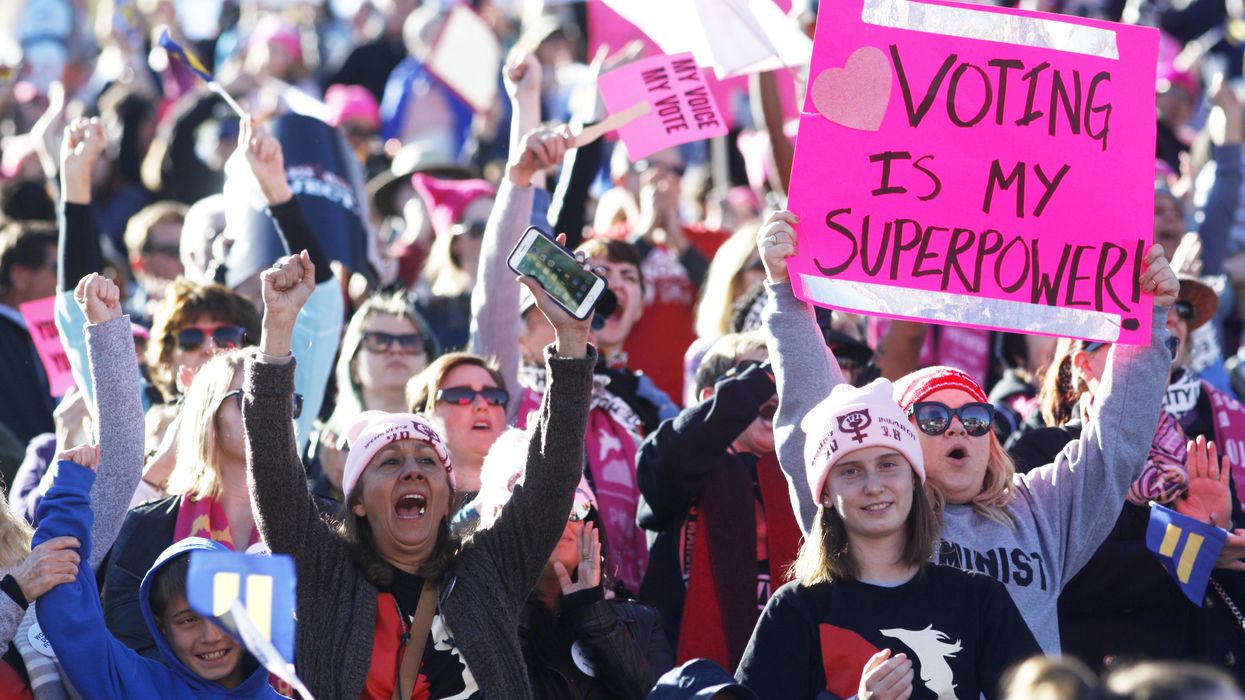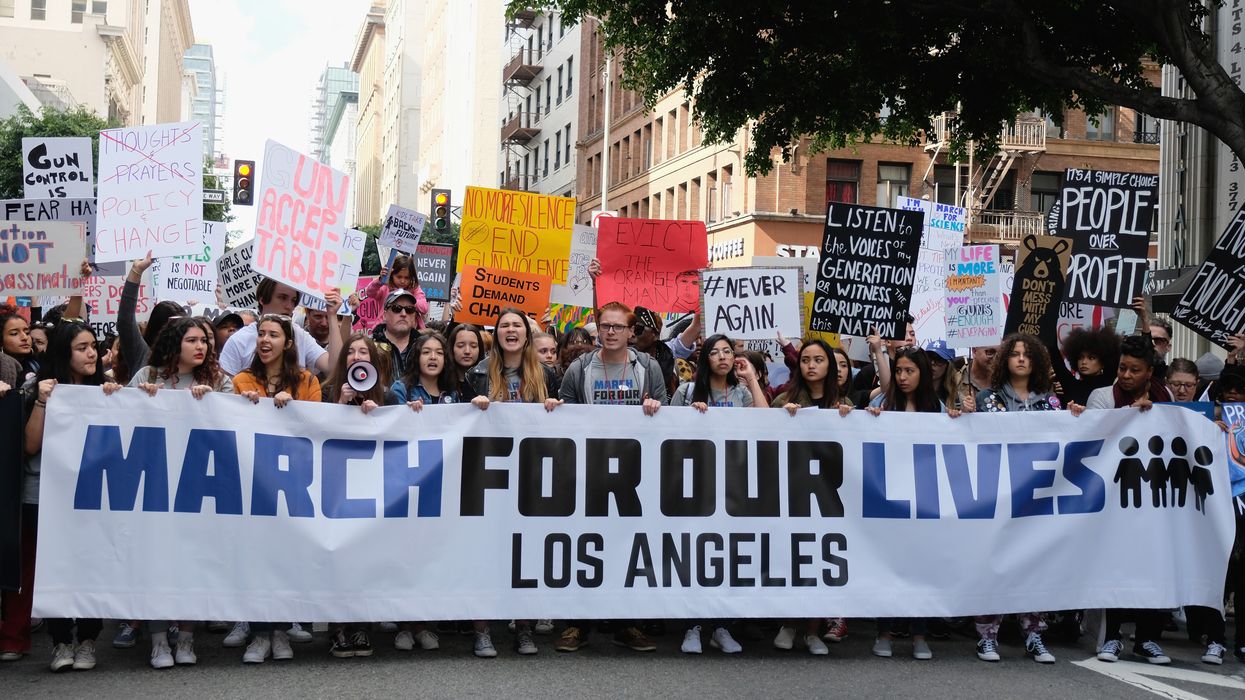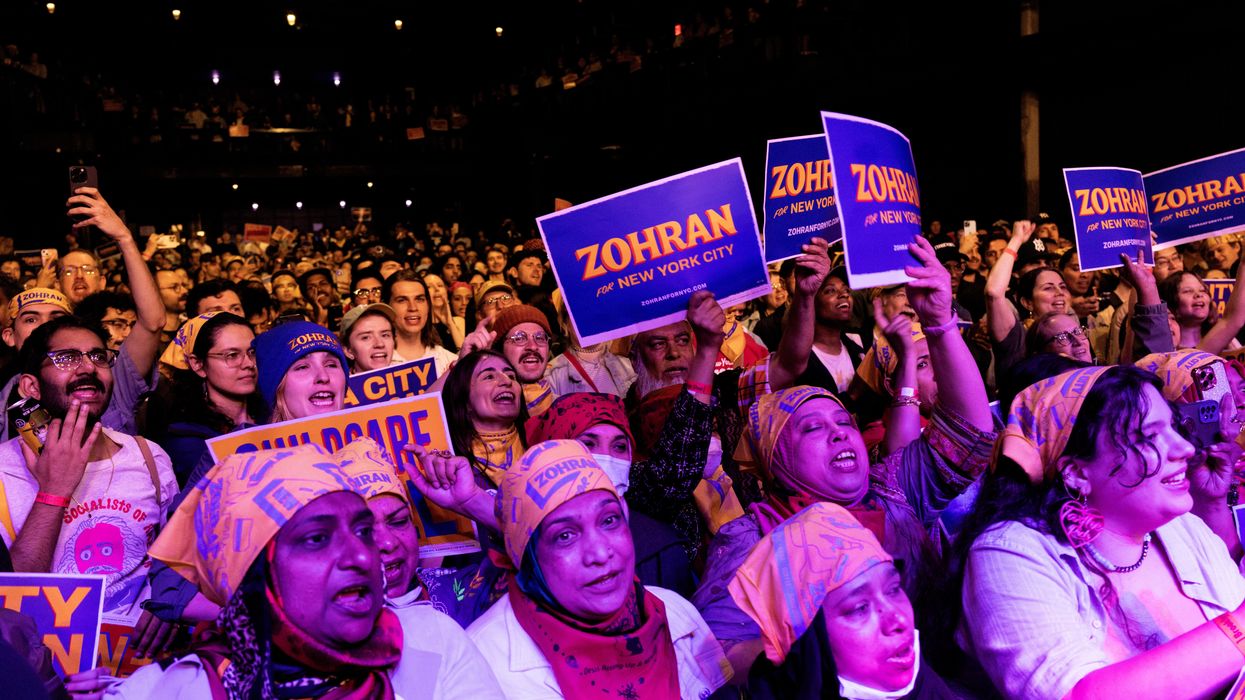In recent years, one freedom has been under relentless attack: reproductive freedom. Across the country, state legislatures have rolled back rights that generations before us fought to secure. People are being forced to travel hundreds of miles for medical care, to carry pregnancies against their will, and to endure unnecessary suffering because of political decisions made by elected officials. These policies don’t reflect the will of the majority. Poll after poll shows that most Americans believe in protecting abortion access and reproductive healthcare. But here’s the catch: Beliefs don’t change laws. Votes do.
That’s why National Voter Registration Month matters so deeply. It’s about more than filling out a form. It’s about building power to defend all of our freedoms: reproductive rights, voting rights, LGBTQIA+ rights, climate justice, disability rights, racial equity, and economic fairness. Every freedom we value is on the line, and the ballot box is where we fight for them.
Young people, your future is being decided whether you participate or not. Claim your power.
This message is especially urgent for young people. Generation Z and Millennials already make up the largest voting bloc in the country. Young voters have the numbers to decide elections and to set the course for the future. Yet too often, young voices are missing at the polls because they aren’t registered and don’t realize how simple the process can be.
Here’s the good news: In many states, high school students as young as 16 or 17 can preregister to vote. That means when they turn 18, they’re automatically added to the rolls and ready to participate in their first election. By the time they reach voting age, they’re not scrambling to meet deadlines; they’re already prepared to cast their first ballot and shape their future.
If you’re a young person reading this, or if you know one, don’t wait until the night before a big election to figure out the process. Go online today, check your state’s rules, and register, or preregister now. Encourage your classmates to do the same. Host a registration drive at your school. Post on social media. Because here’s the truth: Decisions about your future are being made right now by people in power. If you’re not registered, you don’t get a say.
National Voter Registration Month is also a reminder to all of us, no matter our age, that democracy is not a spectator sport. Registration deadlines vary by state, and millions of people lose their chance to vote every cycle simply because they missed a deadline or their information wasn’t updated after moving. Taking five minutes to check your registration could be the most important action you take this year.
The stakes have never been higher. The Supreme Court has already overturned Roe v. Wade, stripping away a nearly 50-year precedent. State legislatures are racing to see how far they can go in restricting abortion access. Some are even targeting birth control and IVF. None of this happened by accident. It happened because elections have consequences.
But there’s another side to that story: Protecting and expanding freedoms also comes down to elections. In states where voters showed up to pass ballot measures protecting abortion access, reproductive freedom is still secure. In districts where young people voted in record numbers, leaders committed to justice and equity were elected. The message is clear: When we vote, we win.
So, on this National Voter Registration Month, let’s honor the generations who fought, marched, and even died for the right to vote by doing our part. Let’s commit to registering ourselves, helping our neighbors get registered, and making sure every eligible high school student knows they can take action now.
Our freedoms are not guaranteed. They are defended or lost at the ballot box. If you care about reproductive freedom, if you care about climate justice, if you care about racial equality, LGBTQIA+ rights, or economic security, then voting is not optional; it is essential.
Young people, your future is being decided whether you participate or not. Claim your power. Register. Preregister. Show up. And know this: your voice, your vote, your freedom, our collective future, depends on it.




